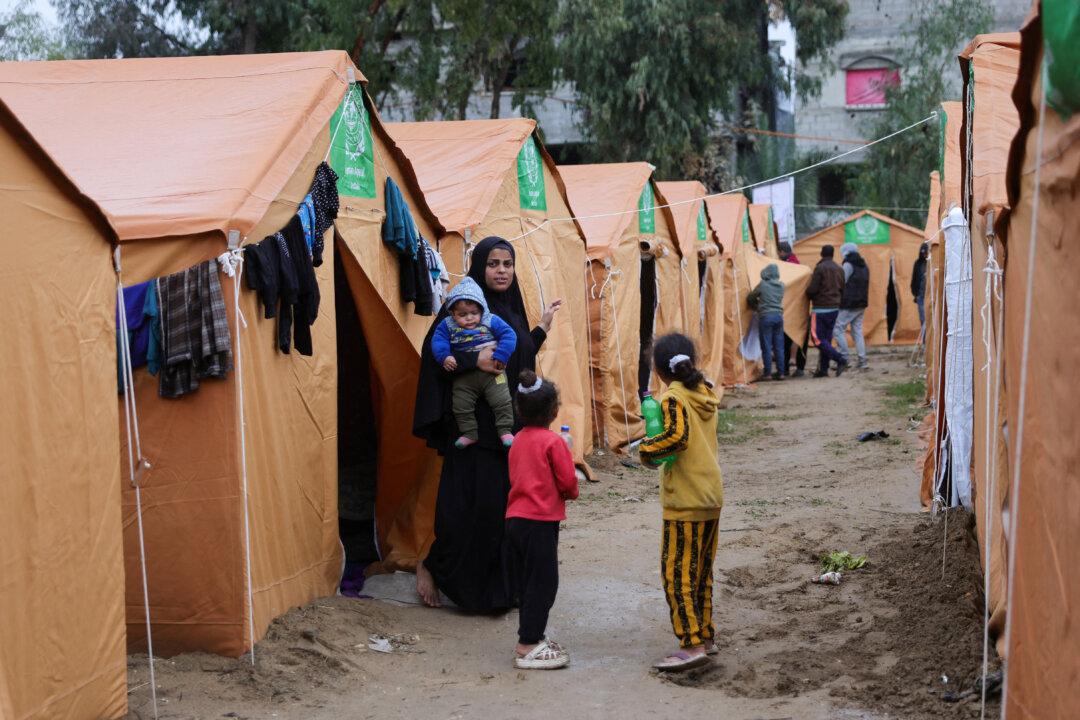Israel has begun preparing for a possible Palestinian exodus from the Gaza Strip, following U.S. President Donald Trump’s declaration that the United States would take over and redevelop Gaza after safe and secure homes outside the war-ravaged territory are found for its occupants.
Israeli Defense Minister Israel Katz said on Feb. 6 that he had instructed the Israel Defense Forces to prepare plans for large numbers of Palestinians to leave the Gaza Strip.





